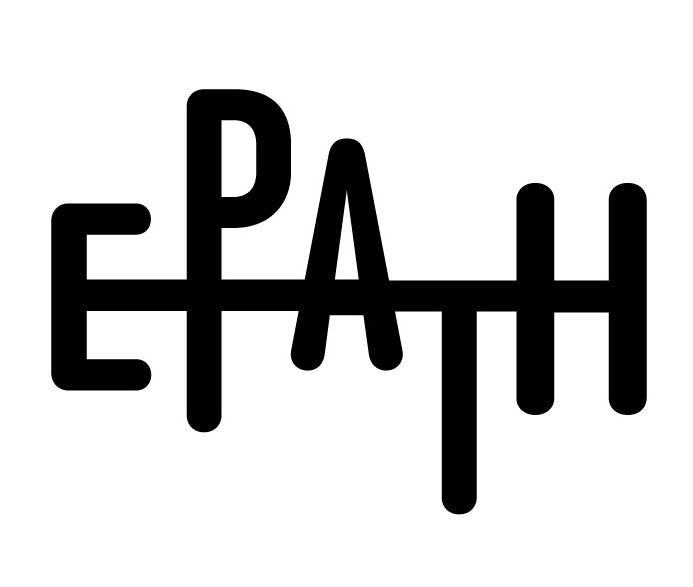Date: 18 October 2023
Time: 10:00–17:00 CEST (tbc)
Location: Online Event (Zoom)
Registration form
Link to programme
Background
Time: 10:00–17:00 CEST (tbc)
Location: Online Event (Zoom)
Registration form
Link to programme
Background
As part of the ongoing Council of Europe thematic review on ‘Advancing Healthcare Access for LGBTI people in Europe’, The Council cordially invite you to an Online Roundtable Discussion on trans–specific healthcare. This event is part of the Council of Europe’s annual thematic reviews on the implementation of Committee of Ministers Recommendation CM/Rec(2010)5 to member States on measures to combat discrimination based on sexual orientation or gender identity. The review will examine gaps between Recommendation CM/Rec(2010)5 and national legislation, policies, implementation, and impact on healthcare access for LGBTI individuals. It aims to collect promising practices, learn from successful initiatives that have improved healthcare access for LGBTI communities across Europe, and formulate actionable steps to address identified gaps and enhance healthcare inclusivity. The review is focusing on four topics that address the healthcare needs of LGBTI people, as well as areas where LGBTI people experience significant barriers to health: trans–specific healthcare (TSHC), healthcare for older people, mental health, and sexual and reproductive health and rights (SRHR). The findings will contribute to a European–wide report on the topic scheduled to be published by the Council of Europe around May 2024.
Aims and Topics
Aims and Topics
This roundtable will explore critical issues related to TSHC, shedding light on challenges and complexities faced by the community with the aim of fostering a better understanding and identify practical solutions for the following key areas:
- Standards, Informed Consent Models, and Depathologisation: Exploring the importance of depathologised TSHC and adopting an informed consent model in the delivery of care and how it promotes a respectful and holistic approach. Additionally, the crucial role of clinical and non–clinical mental health support for trans people across all stages of the TSHC pathway will be emphasized and its significance in ensuring comprehensive care will be highlighted.
- Training, Education, and Quality of Care: Discussing strategies for effectively training and educating healthcare professionals, both specialists and general practitioners, to provide quality care for trans individuals. Ensuring that healthcare practitioners are well–informed and sensitive to the unique needs of the community.
- Intersectional Health Inequalities: The focus will be on understanding and addressing inequalities faced by trans individuals at the intersection of multiple marginalised identities, as they often face different and additional barriers. For instance, trans people with disabilities are often denied care on the ground of their disability while trans people in prison may have to discontinue trans–specific healthcare. Trans asylum seekers too may be forced to discontinue treatment or pay from personal funds to access care while awaiting asylum decisions. This session aims to serve as a starting point for these issues and will highlight the importance of further research into intersectional health inequalities among trans people.
- Organisation of Trans–Specific Healthcare Systems: This topic will cover optimising healthcare systems, including aspects such as decentralisation, guidelines development, cost coverage, monitoring and evaluation, and the importance of comprehensive health surveys.
- Challenges to (and Attacks on) the Provision of Trans–Specific Healthcare: Lastly, a discussion about the various hurdles and obstacles in the provision of and access to trans–specific healthcare, including financing, expertise, waiting lists, hormone shortages, challenges faced by minors to the provision of TSHC, political support, and cultural understanding.
Format
Each session will cover a topic and include:
- Overview: Presentation on promising practices and needed changes
- Community Engagement: Insights and reflections from trans communities
- Member State Perspectives: Views from government representatives
- Open Discussion: An opportunity for dialogue and collaboration
Target Audience
The event welcomes a diverse array of participants, including policymakers from national and regional governments, authorities and representatives actively engaged in healthcare policy and legislation, healthcare professionals encompassing administrators, public health experts, doctors, nurses, and mental health practitioners, as well as community healthcare workers, researchers, activists, and advocates. The invitation is extended to anyone with a vested interest in enhancing healthcare access and inclusivity for trans communities in Europe.
